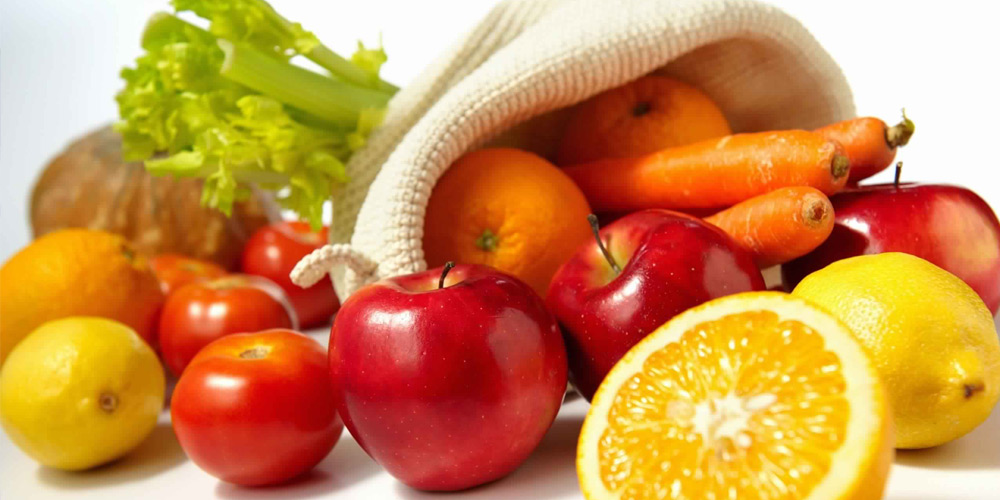Diets for Stomach Problems
Many medical conditions can be prevented or minimised by maintaining a healthy lifestyle and basic dietary changes. If you are suffering of gastritis, gastroenteritis, I.B.S, or jaundice, we have put at your disposal some dietary indications that will help you to control the symptoms.
Diet for Gastritis
Diet for Gastro-enteritis
Electrolytes, like sodium and potassium , are minerals your body needs to work properly. Vomiting and diarrhea can take too many electrolytes out of your body. Choose foods that will help you to rehydrate, regulate the balance of electrolytes in your body, and maintain nutrition.
Recommended Foods
For young infants—Breast milk or normal infant formula
For older children or adults—Normal food is usually best. This could include:
Foods to Avoid (Adults)
Some adults and older children find milk products difficult to tolerate during or immediately after an episode of gastroenteritis.
Foods to Avoid (Infants and Children)
You should also avoid alcohol and nicotine.
Following a diet to reduce constipation
Add fiber to your diet. Fiber will absorb water and add bulk to the large intestine, making bowel movements easier and more frequent than you usually experience. Eat high-fiber foods such as fresh fruits (raspberries, pears, apples), fresh vegetables (peas, sprouts), wheat bran, whole-grain breads and cereals, and beans. Increase the amount of fiber in your diet slowly to avoid excess gas.
Drink plenty of water. Also be sure to drink plenty of fluids, enough so that your urine is light yellow or clear like water. Fiber absorbs water, so drinking enough water will help keep stools soft.
Get regular exercise. Regular, gentle exercise such as walking, cycling, or swimming helps maintain bowel regularity.

